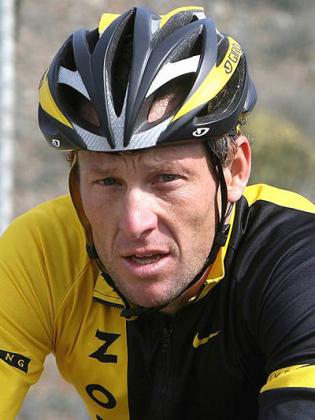LONDON. The International Cycling Union has defended its actions after it was confirmed that Lance Armstrong returned test samples with traces of corticosteroids four times during the 1999 Tour de France.


LONDON. The International Cycling Union has defended its actions after it was confirmed that Lance Armstrong returned test samples with traces of corticosteroids four times during the 1999 Tour de France.It had previously been known that the former US Postal rider, who in January confessed to drug use, tested positive for the substance once, but the UCI has confirmed a leaked internal memo stating that there were actually four positive tests.At the time, the UCI accepted that the traces came from a cream used to treat saddle-soreness after Armstrong produced a therapeutic use exemption (TUE) certificate. He admitted this year the medical certificate had been backdated.In a nine-page document explaining the background, the UCI also confirmed that re-tests of Armstrong’s 1999 samples in 2005 showed the presence of the blood-boosting agent EPO. The lack of B samples to test, however, made it impossible to charge Armstrong with a doping offence.The UCI’s document stated in relation to the corticosteroid findings: "It should be stressed that this case was handled knowing only the facts which were apparent at that time. For example, the UCI did not know that the medical certificate handed over to Dr Schattenberg, a member of UCI’s anti-doping commission, in July 1999 had been post-dated. Armstrong only admitted this during his interview with Oprah Winfrey, which was broadcast on 17 January 2013.”


